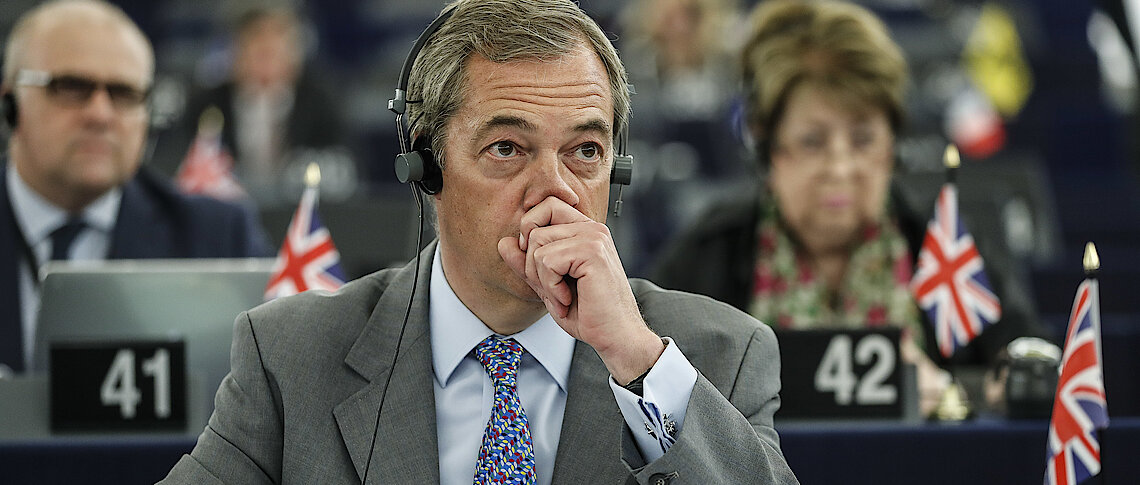In April, the European Commission unveiled plans for a new European social policy agenda. The “European Pillar of Social Rights” sets out 20 principles which officials hope will guide EU lawmakers when drafting new legislation. It comes after years of complaints from trade unions, left-wing politicians and some member states that the EU does not do enough to protect its workers. The document includes plans to regulate the “gig economy” more closely boost people’s rights to paid parental leave. We spoke to German social democrat politician, Thorben Albrecht, about what the new proposals mean.
Does the European Pillar of Social Rights offer enough answers to those demanding more workers’ rights in the EU?
The proposals address the right issues, but they are not legally binding. I don’t think they will be effective, therefore, in strengthening the social dimension of the EU. We have to talk seriously about how the Commission can take the proposals further than they currently stand.
The Commission’s been working on the document for a year and a half. Was there any point?
Well this is why I’m rather disappointed with the result. It’s right for the Commission to lead the discussion. The EU needs to take better care of people’s social needs to regain the trust its citizens. We need to reach somewhat more ambitious agreements by November, when heads of state and government meet in Stockholm for a “social summit”, and then the European Council meets in December.
But social welfare is not actually an EU competence – it’s for member states to decide on.
Yes, the social welfare systems in European member states differ too much to be brought under one umbrella. But if we’re serious about achieving the Commission’s goal – helping economically weaker countries catch up with the stronger ones – then the European agreements will have to be adjusted in some way, when it comes to defining the minimum wage and basic social protections for example. In my view it’s entirely possible to create a European legal framework that formulates requirements for member states in both of these areas.
I can imagine a situation in which every member state is obliged to set a form of minimum wage covering all or at least nearly all workers, and that they must guarantee regular adjustments to that wage. Each member state would then be able to decide whether this is implemented by means of a statutory minimum wage or through one or more collective agreements. We see that in many countries social security systems are rather patchy. If we commit to these rights at the European level, we will no longer be able to call them into question, even in a crisis, because they will be guaranteed in all member states.
What do you think of the proposal to set a minimum wage that is a percentage of the median, rather than setting an absolute minimum wage?
This would be problematic because I see wage determination as being in the hands of the social partners – management and labour. I consider governmental requirements to be difficult, especially in the Nordic countries, where minimum wages are determined through collective agreements rather than legislation. But that’s true of Germany too, where increases are decided by a commission made up of social partners. That’s why I think that a percentage approach won’t work. We need a greater variety of mechanisms that bring the same result – firstly, by setting a level of security below which wages cannot fall, and secondly, by introducing mechanisms that can be adjusted upwards.
In view of growing scepticism towards the EU and further steps towards integration, above all in Eastern Europe, is this a good or a bad moment for greater harmonisation in the social sphere?
Overall, of course, this is a difficult debate. Sometimes there’s a mix of those who are in principle Eurosceptic – regardless of whether it’s a matter of deepening the EU in the social sphere or in other areas – and those forces that are neoliberal in the widest sense who say, “Yes, we need an internal market that penetrates even further, but that also resists a deepening of the social dimension.” So naturally there’s a kind of unholy alliance there. The result is that progress toward a more social Europe is moving at snail’s pace.






